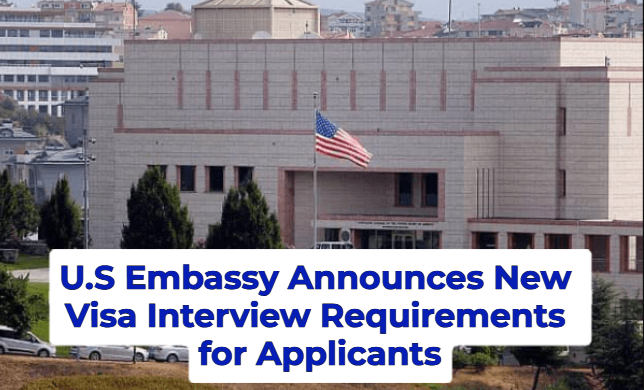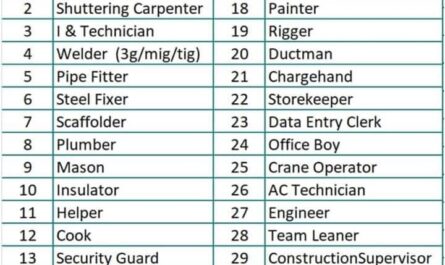Are you a care worker looking to move to the UK? The new UK Care Workers Visa Rules have changed the game! Let see in details, the latest updates and answer the burning question: Who escapes the new rules? From eligibility criteria to application processes, all covered here. Stay informed and up-to-date on the latest immigration news and policies and find out if you qualify for the new care worker visa rules!
The landscape for UK care workers is undergoing a fundamental shift. Following a statement of changes to immigration rules, the care worker visa as we know it, is set to change dramatically from a specific date in mid-2025. These reforms create two very different paths forward. One for applicants outside the UK and another for those already legally residing within the country.
Prospective Applicants Currently Outside The United Kingdom
First, let’s address the most definitive change. For all prospective applicants currently outside the United Kingdom, the route to enter the UK on a care worker visa is closing. From the upcoming deadline, new entry clearance applications for skilled workers in the specific occupation codes for care workers and senior care workers will no longer be accepted. This is a permanent closure of the overseas recruitment route.
The government has made it clear that this pathway for new entrants from abroad will end, citing concerns over non-compliance and exploitation within the sector. However, for individuals already in the UK on a different type of valid visa, such as a student visa or a post-study work visa, the situation is different.
The government has established a transitional period. Those in-country will still be able to switch to a care worker visa. This window for in-country applications will remain open until a future deadline in mid-2028, at which point these roles are set to be removed from the immigration salary lists entirely.
This extension for in-country applicants comes with a set of new, strict conditions that must be met. The most significant of these is a new mandatory work requirement. An applicant must have been legally working for the specific employer who intends to sponsor them for a minimum required period before that employer can issue a certificate of sponsorship.
Let’s clarify what this means with a practical scenario. Imagine an individual named Juliet is in the UK on a graduate visa. She secures a job with a licensed care provider just before the mid-2025 deadline. Under the new rules, her employer cannot immediately sponsor her for a care visa. She must first complete the full required period of employment.
This means she would work through the required waiting period and could only then have her certificate of sponsorship issued and apply for her visa several months later. As this example shows, even though her application date is after the overseas deadline, because she is applying from within the UK and has met the work requirement, her application is permissible.
Skilled Worker Salary
All skilled worker salary thresholds are being updated. While care roles benefit from being on a specific list which lowers the required salary compared to the general threshold, applicants must still meet the new, increased going rate for their specific role at the time of their application.
The general skilled worker salary threshold is rising significantly. While the threshold for most on a health and care visa paid via national scales remains at a lower floor. The specific going rate for the job must be met, and these rates are also being updated. Employers must be willing and able to pay the required salary for a care visa at the point of sponsorship.
Dependents
The third, and perhaps most impactful new condition for in-country switchers relates to dependents. From the upcoming deadline, individuals switching to a care worker visa from within the UK will no longer be able to include dependents, such as a spouse or children, on their application. There are only very limited and specific exemptions to this rule. An applicant may still be able to include their children, if the children were born in the UK, or if the applicant can provide evidence that they have sole parental responsibility for them.
Outside of these narrow exceptions, the route to bring family members is closing for new care visa switchers. This means individuals must begin planning for alternative arrangements, if they wish for their family members to remain in the UK.
Employers
The government is removing the requirement for sponsors to first conduct a local labor market test. Previously, employers often had to demonstrate that they had tried to recruit from the domestic workforce before offering sponsorship to an international candidate. This requirement is being scrapped for these applications, which streamlines the sponsorship process itself.
In Summary
So, to summarize the critical information for anyone in the UK considering this path. The opportunity to switch to a care worker visa will continue until a future deadline, but under a new framework. The first requirement is to secure a job with a licensed sponsor and work for them legally for a full required period before they can sponsor you. This is a non-negotiable prerequisite.
Another key requirement is that your salary must meet the updated threshold for the role at the time you apply. Finally, and crucially, you will not be able to include dependents in your visa application unless they were born in the UK or you have sole parental responsibility.
These changes represent a significant tightening of the rules. For those outside the UK, the door for new care visa applications will close in mid-2025. For those inside the UK, a path remains, but it is narrower and has more stringent requirements, particularly concerning family members.
It is essential to analyze your personal circumstances against these new rules to make a well-informed decision about your future.






